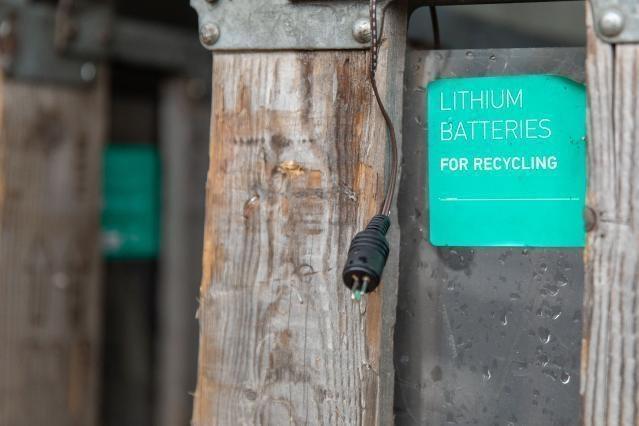Green Deal: Sustainable batteries for a circular and climate neutral economy
The European Commission has revealed proposals to modernise European Union (EU) legislation on batteries, delivering its first initiative among the actions announced in the new Circular Economy Action Plan.
Batteries that are more sustainable throughout their life cycle are key for the goals of the European Green Deal and contribute to the zero pollution ambition set in it.
They promote competitive sustainability and are necessary for green transport, clean energy and to achieve climate neutrality by 2050. The proposal addresses the social, economic and environmental issues related to all types of batteries.
The aim is that all batteries sold in the EU should become sustainable, high-performing and safe for their entire life-cycle.
This means batteries that are produced with the lowest possible environmental impact. They should be long-lasting and safe and, at the end of their life, repurposed, remanufactured or recycled, feeding valuable materials back into the economy.
Executive Vice-President for the European Green Deal Frans Timmermans said: "Clean energy is the key to the European Green Deal, but our increasing reliance on batteries in, for example, transport should not harm the environment.
"The new batteries regulation will help reduce the environmental and social impact of all batteries throughout their life-cycle. This proposal allows the EU to scale up the use and production of batteries in a safe, circular and healthy way."
Commissioner for Environment, Oceans and Fisheries Virginijus Sinkevičius said: “Batteries are essential for crucial sectors of our economy and society such as mobility, energy and communications. This future-oriented legislative toolbox will upgrade the sustainability of batteries in each phase of their life-cycle.
"Batteries are full of valuable materials and we want to ensure that no battery is lost to waste. The sustainability of batteries has to grow hand in hand with their increasing numbers on the EU market.”
Promoting competitive sustainability in Europe
The Commission proposes mandatory requirements for all batteries (i.e. industrial, automotive, electric vehicle and portable) placed on the EU market.
Requirements would include use of responsibly sourced materials with restricted use of hazardous substances, minimum content of recycled materials, carbon footprint, performance and durability and labelling, as well as meeting collection and recycling targets.
Providing legal certainty, the Commission believes, will help unlock large-scale investment and boost the production capacity for innovative and sustainable batteries in Europe and beyond to respond to the fast-growing market.
Minimising environmental impact of batteries
The Commission also aims to boost the circular economy of the battery value chains and promote more efficient use of resources with the aim of minimising the environmental impact of batteries. From 1 July 2024, only rechargeable industrial and electric vehicles batteries for which a carbon footprint declaration has been established, can be placed on the market.
To maintain valuable materials used in batteries for as long as possible in the European economy, the Commission proposes to establish new requirements and targets on the content of recycled materials and collection, treatment and recycling of batteries at the end-of-life part. This would make sure that industrial, automotive or electric vehicle batteries are not lost to the economy after their useful service life.
The proposed regulation defines a framework that will facilitate the repurposing of batteries from electric vehicles so that they can have a second life, for example as stationary energy storage systems, or integration into electricity grids as energy resources.
For more information see the Commission's Q&A on Sustainable Batteries proposal and the factsheet below.
